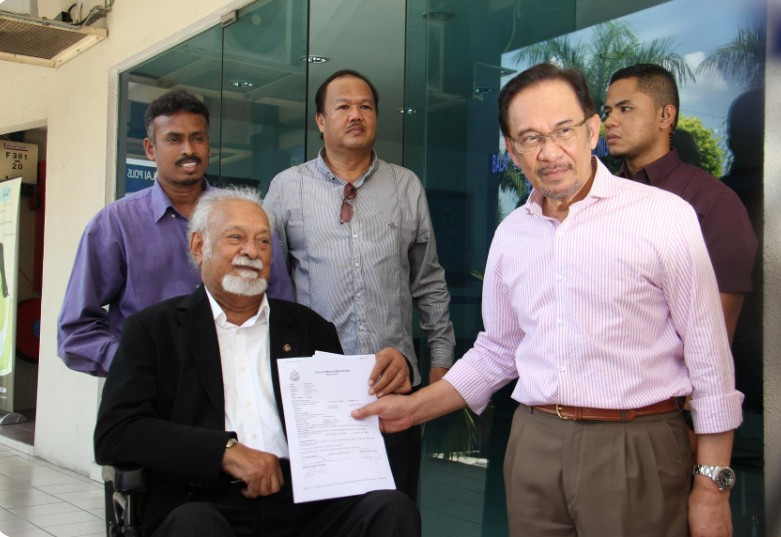WHILE large firms are still reeling from the one-time Cukai Makmur a.k.a. prosperity tax, tax experts at Deloitte believe the windfall tax will encourage the former to raise corporate spending and expedite capital investment while restricting new tax revenues collection in the process.
Many are asking whether Finance Minister Tengku Datuk Seri Zafrul Abdul Aziz did a blunder, insisting through his tax speech that there will be no new taxes but ending the eloquence with a devastating progressive taxation imposed on large corporations in Malaysia.
The Cukai Makmur or windfall tax has set the market abuzz with theories and commentaries that the one-off tax regime is a penny wise, pound foolish proposal as its contribution to the government’s coffers is insignificant compared to the cost of wiping out a significant market capitalisation value of Bursa Malaysia-listed companies.
Given that SMEs (small medium enterprises) account for 90% of Malaysian businesses, Deloitte is unclear how much money this tax which targets large corporations will enrich the government’s coffers.
“While the intention is to tax companies that have done well despite the pandemic, it remains to be seen how much tax revenue can be generated from this proposal,” argued the Big Four accounting firm.
“As this proposal affects all companies, it appears that the oil palm plantation sector which is already subject to the Windfall Profit Levy will be caught too. Perhaps, the proposal to increase the threshold of crude palm oil (CPO) prices for the imposition of this levy is intended to provide some relief to this sector.
“On the flip side, Cukai Makmur could incentivise large corporations to increase business spending and accelerate capital investment so as to reduce taxable profits below the threshold.”
The proposed extension of various incentives such as the special reinvestment allowance would be a strong influence to encourage corporates to invest more, according to Deloitte.
With regard to the proposed move to abolish the RM200 stamp duty cap on contract notes for trading of listed shares/marketable securities while increasing the rate to 0.15% from 0.1%, Deloitte said this would increase the cost of shares and securities trading for high volume transactions.
“A quick comparison between the new proposal and existing provisions indicates that trading of listed shares with transaction values above RM134,000 will incur higher costs from Jan 1, 2022,” added the accounting firm. – Nov 7, 2021









